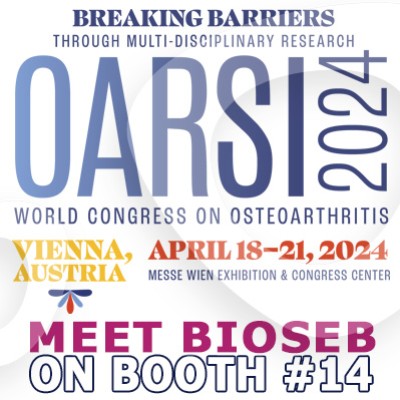Authors
G Gazzo, M Melchior, A Caussaint et al
Lab
Centre National de la Recherche Scientifique and University of Strasbourg, Institut des Neurosciences Cellulaires et IntŽgratives, 67000 Strasbourg, France
Journal
Brain Behavior and Immunity
Abstract
Background: Early life stress is known to affect the development of the nervous system and its function at a later age. It increases the risk to develop psychiatric disorders as well as chronic pain and its associated affective comorbidities across the lifespan. GABAergic inhibition is important for the regulation of central function and related behaviors, including nociception, anxiety or social interactions, and requires low intracellular chloride levels. Of particular interest, the oxytocinergic (OTergic) system exerts potent anxiolytic, analgesic and pro-social properties and is known to be involved in the regulation of chloride homeostasis and to be impaired following early life stress.
Methods: We used behavioral measures to evaluate anxiety, social interactions and pain responses in a rat model of neonatal maternal separation (NMS). Using quantitative PCR, we investigated whether NMS was associated with alterations in the expression of chloride transporters in the cerebrum and spinal cord. Finally, we evaluated the contribution of OTergic signaling and neuro-inflammatory processes in the observed phenotype.
Results: NMS animals displayed a long-lasting upregulation of chloride importer Na-K-Cl cotransporter type 1 (NKCC1) expression in the cerebrum and spinal cord. Neonatal administration of the NKCC1 inhibitor bumetanide or oxytocin successfully normalized the anxiety-like symptoms and the lack of social preference observed in NMS animals. Phenotypic alterations were associated with a pro-inflammatory state which could contribute to NKCC1 upregulation.
Conclusions: This work suggests that an impaired chloride homeostasis, linked to oxytocin signaling dysfunction and to neuro-inflammatory processes, could contribute to the sensori-affective phenotype following NMS.
BIOSEB Instruments Used:
Rodent pincher - analgesia meter (BIO-RP-M)

 Pain - Thermal Allodynia / Hyperalgesia
Pain - Thermal Allodynia / Hyperalgesia Pain - Spontaneous Pain - Postural Deficit
Pain - Spontaneous Pain - Postural Deficit Pain - Mechanical Allodynia / Hyperalgesia
Pain - Mechanical Allodynia / Hyperalgesia Learning/Memory - Attention - Addiction
Learning/Memory - Attention - Addiction Physiology & Respiratory Research
Physiology & Respiratory Research
 Pain
Pain Metabolism
Metabolism Motor control
Motor control Neurodegeneration
Neurodegeneration Cross-disciplinary subjects
Cross-disciplinary subjects Muscular system
Muscular system General activity
General activity Mood Disorders
Mood Disorders Other disorders
Other disorders Joints
Joints Central Nervous System (CNS)
Central Nervous System (CNS) Sensory system
Sensory system
